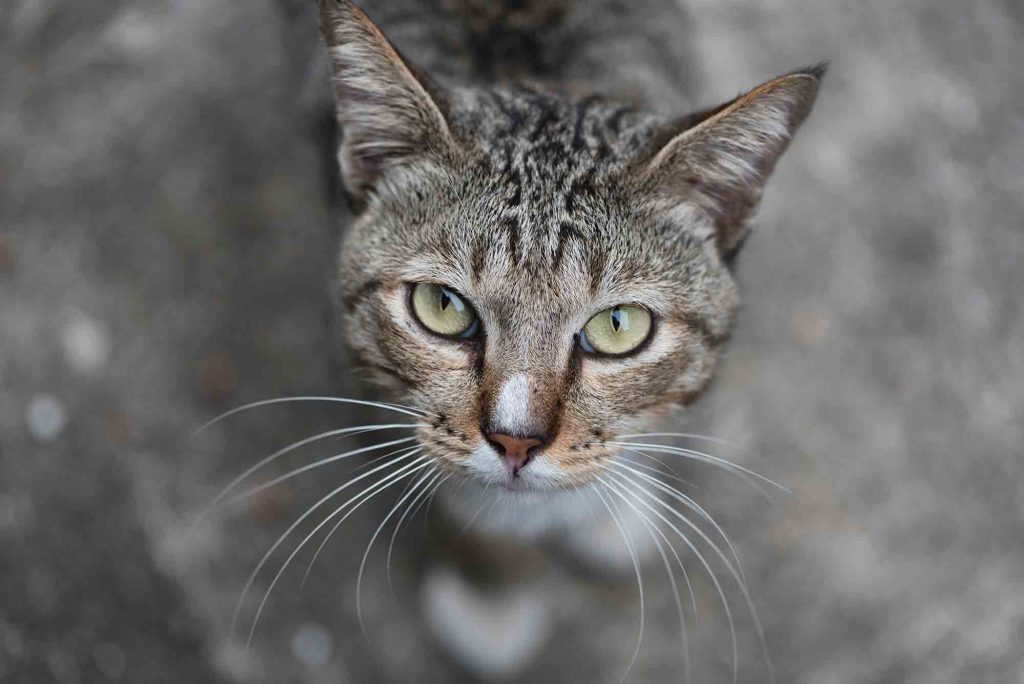Rogue Kitties: All About Feral Cat Colonies
 Even avid cat lovers know what a nuisance feral cat colonies can be. Groups of cats multiply quickly, and with them come problems that can be devastating to watch. Thankfully, there has been more attention given to these felines in need, and programs are popping up all over the country to deal with feral populations.
Even avid cat lovers know what a nuisance feral cat colonies can be. Groups of cats multiply quickly, and with them come problems that can be devastating to watch. Thankfully, there has been more attention given to these felines in need, and programs are popping up all over the country to deal with feral populations.
Your friends at Dupont Veterinary Clinic know how much you care for kitties, and we think it’s important for all of our clients to know the proper way to deal with feral cat colonies.
All About Feral Cat Colonies
A stray cat or two (or dozens!) is a common sight in most communities. These stray cats live outdoors and do not have owners (although the may be occasionally be fed by Good Samaritans). Some stray cats are also feral, meaning that they are not tame and cannot be handled.
Regardless of whether they are stray or feral, cats who live outdoors tend to live in groups called colonies. Unchecked, cats in these colonies breed and produce many more of these homeless cats. Limited resources and lack of medical care also mean that this growing population of cats may suffer from malnutrition, parasitism, disease, and injury.
It may seem ideal to just trap these cats and relocate or even euthanize, but these are not good solutions as they create a void for new cats to move into the area. This means that cat lovers everywhere need to play an active role in helping better manage these feral cat colonies.
Trap, Neuter, Release (TNR)
Perhaps the most effective strategy that has been documented to help feral cat colonies is the trap-neuter-release, or TNR, method. This management plan involves trapping healthy stray or feral cats, sterilizing them, vaccinating as appropriate, and returning them to their colony.
This helps on several fronts:
- Eliminates the addition of new kittens through breeding
- Allows for a shrinking colony, increasing the availability of resources like food
- Decreases howling, yowling, and fighting associated with breeding
- Lowers the transmission of diseases, such as feline immunodeficiency virus and panleukopenia, that can devastate cats
- Opens up shelter space for other animals
TNR allows for healthier cats and has less impact on the surrounding community over time. Overall, it is a win-win!
What You Can Do
If you have a feral cat colony in your area, helping the trap-neuter-release effort can really make an impact. We are happy to help your effort here at Dupont Veterinary Clinic, however, the actual cost of these surgeries can add up if you have many cats to catch.
Luckily, there are organizations like H.O.P.E. for Animals who are able to offer discounted spay-neuter services with the help of donations intended for feral cat colonies. Most trap-neuter-release programs will ear tip sterilized animals so that they can be identified as spayed or neutered from a distance. They can even help you with trapping cats for treatment.
Feral cat colonies are going to exist, whether we want them to or not, so it is important that all of us do our part to keep these colonies healthy and small. Consider aiding in your community TNR effort by participating or making a donation to an organization such as H.O.P.E. for Animals.
If we can answer any questions about feral cat colonies or TNR, please contact us.
